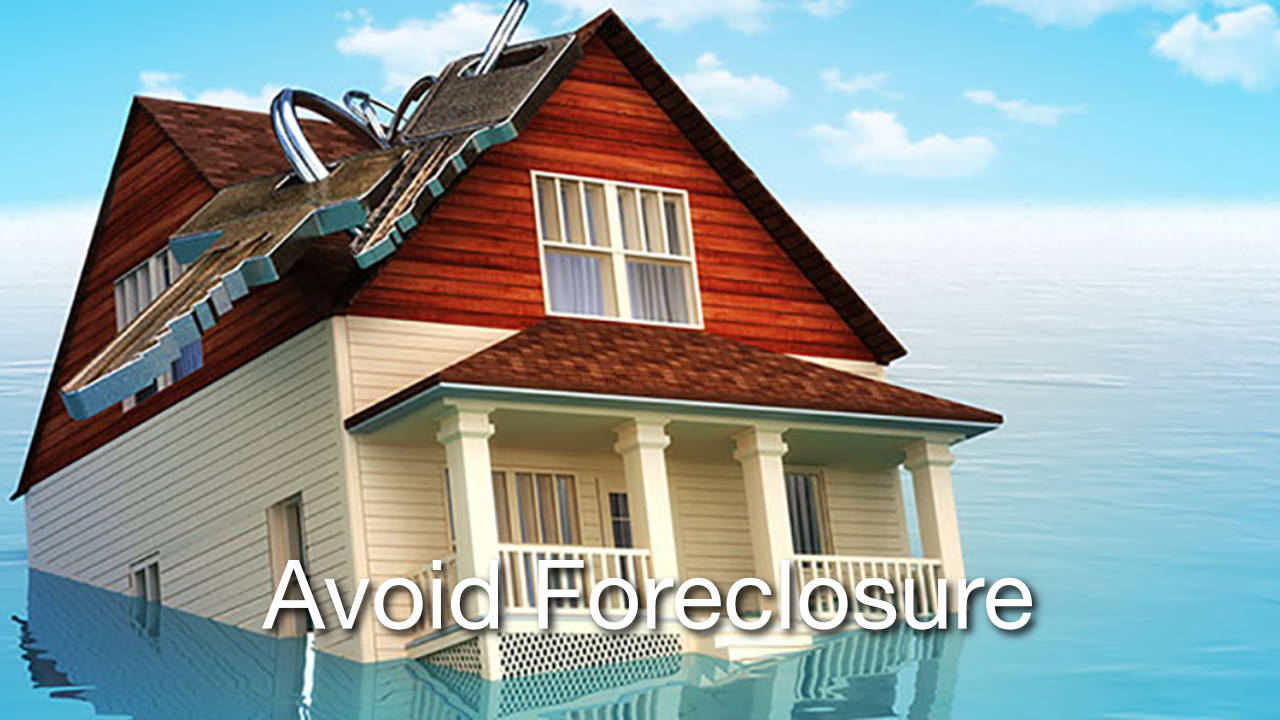For seniors looking for a new venture, house flipping offers a compelling blend of creativity…

Falling behind on your mortgage is daunting, but it’s important for you to know your options to avoid foreclosure. Unforeseen circumstances can overwhelm even the most well-intentioned home owner. Planning now to take charge of your finances will give you much-needed peace of mind.
If you’re struggling financially, you’re not alone. Many homeowners find themselves in the undesirable position of falling behind on their bills. The reasons are as varied as the homeowners, but can include:
- Unexpected Unemployment
- Sudden Illness
- Divorce
- Major Home Maintenance/Repair
- Death
- Inability To Pay Adjustable Interest Rate
- Excessive Debt
Any of these things can happen to any of us at any time. While it may be embarrassing, acting know will serve you well if you want to keep your home. Know the available options to avoid foreclosure. Stop worrying today. You’re not alone and there is help out there for you.
Call Your Lender
This is often a difficult step, but it is also the most important one. If you are less than 30 days behind on your payment, your credit will not be affected. After 30 days, your lender will likely report the delinquent payment to the credit-reporting agencies. Once this information hits your credit report, your credit score will likely go down. Your options to avoid foreclosure will be limited as this will affect your ability to secure future credit services.
Your lender is not in business to sell property. It’s in their best interest to keep you in your home while you re-pay your contractual obligation. Missing three mortgage payments will cause your lender to file a NOD or Notice of Default. The lender is notifying the public that the home is in default and that the lender is preparing to foreclose. An NOD will cause your credit score to take a huge hit, but even then, you still have options. Your banker will likely work with you to the very end to negotiate a resolution to keep you in your home while you continue to pay on your mortgage.
Ask About Refinancing
If you’re still in relatively good standing with your bank, ask about refinancing. A new loan with new terms, a new interest rate, and a new monthly payment will completely replace your existing loan. Your monthly payment could be hundreds of dollars less per month. A refinanced loan will have no negative effect on your credit and is a great option to avoid foreclosure.
Check Out Forbearance
Ask your lender to allow you time to make up your missed payments. This is a temporary contract that covers specific terms, including dates of suspension and re-instatement. You should only enter a forbearance agreement if you know that you will be able to honor its terms and bring the loan current by the agreed-upon date.
Consider A Repayment Plan
Your lender may agree to a repayment plan that adds your past due payments into your existing loan over a specified time line. This is much less damaging to your credit score than foreclosure. If you are able to honor the new term, your loan will be considered current and you will not face foreclosure.
Ask About Debt Forgiveness
It rarely happens, but sometimes lenders will forgive a payment or two and allow you to continue with your regular payments. It might be a long shot, but it’s worth asking about. Depending on your history with your bank, your relationship with your loan officer, and how far behind you are on payments, it could work for you.
Make A Separate Loan
In some cases, your lender will draft a new loan for the amount in default. You will have to meet specific criteria to qualify for this, but it will resolve your mortgage problem and get you back on track. Certain government loans are structured with this in mind, so talk to your banker to see if you qualify.
Starting Fresh
Your banker has many tools available to assist all homeowners. Every situation is different, but there are always options. Don’t wait for your bank to contact you about your past due mortgage. Schedule a time today to speak with a loan representative to discuss your options to avoid foreclosure.


